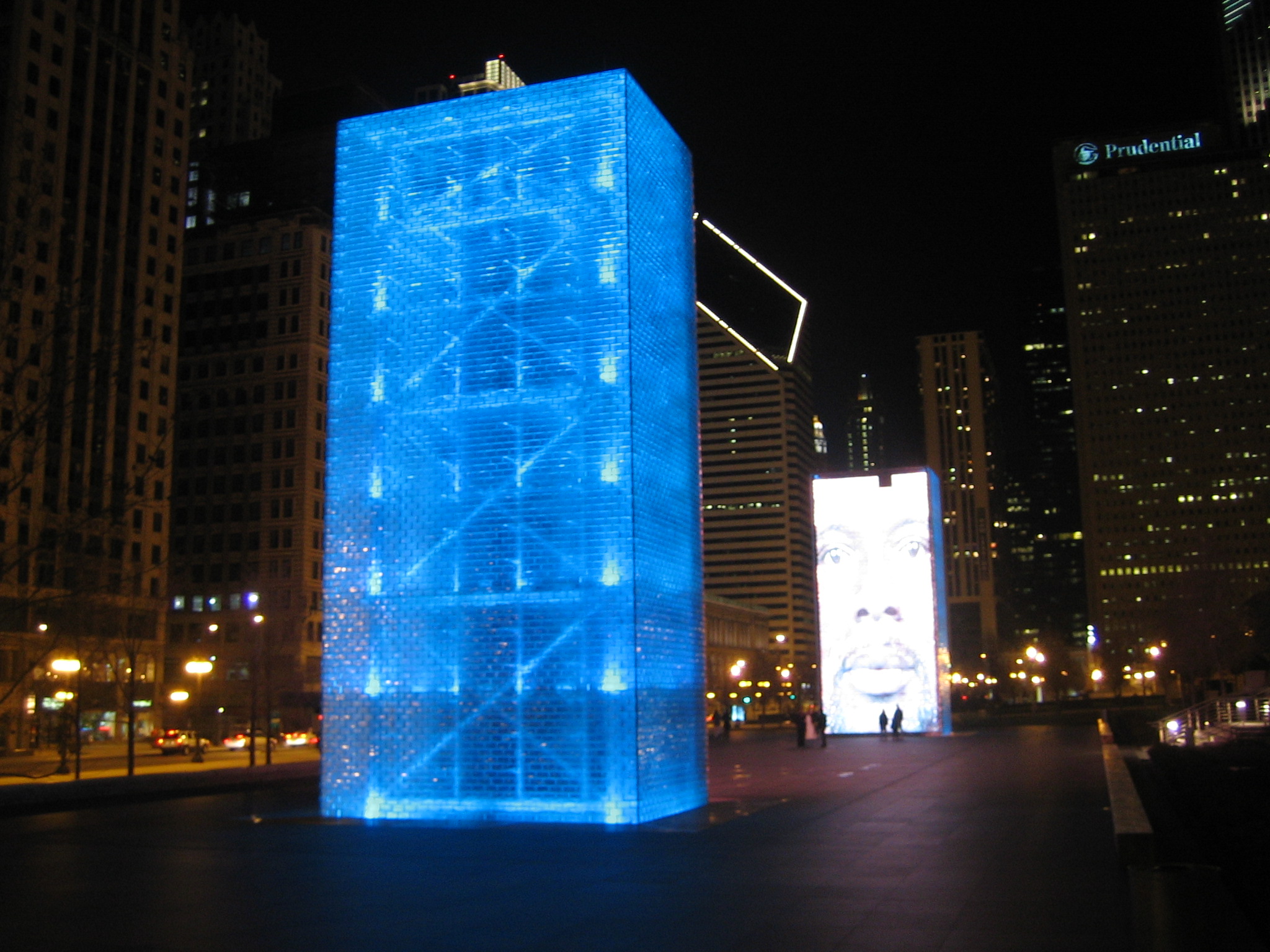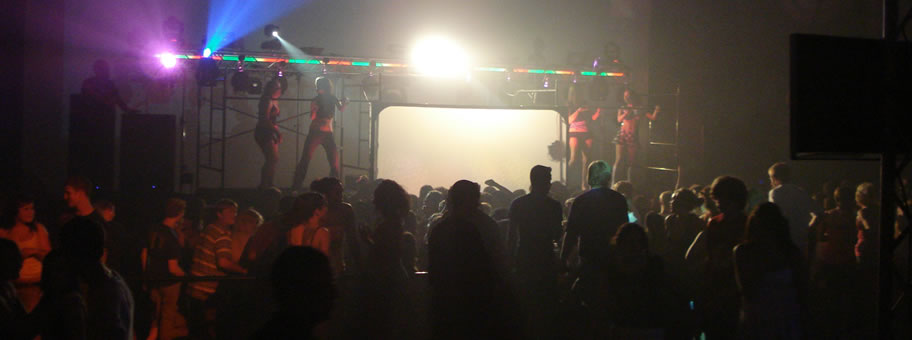I’ve been gone from this space (my blog) for way too long, so long that readers have scolded me and told me to get back to writing. Wow – that was very nice to hear. I didn’t want to be gone this long but there were substantive reasons for being out of cyberspace.
For one, I decided “at the 11th hour,” to leave the lovely Wingaersheek Beach and drive south to be with friends in Nashville for Christmas. That, I did after a fun stop in New Jersey. I left on the afternoon of December 23. I ended up spending more than a month in Nashville, so long that I actually found a house I wanted to buy, put an offer on it the first day it was for sale, and took ownership of it 30 days later! The Dwelling caught my eye on January 6, I made an offer January 6, and officially owned it on February 6. It’s a much more involved, fun, foolish and complicated story than that but I can tell you more when I see you. (By “you,” I mean any interested reader.)
* * * * * * * * * * *
And now to get back to music and an issue about which I care deeply. Songwriters. Not composers, in this instance, but songwriters. (Not all songwriters – just songwriters who have been taken advantage of, with or without a preposition at the end of a sentence.)
I was reminded again recently how songwriters have so many things going against them.
The public is never pleading – “PLEASE let me hear from songwriters.” No. The public wants songs and doesn’t care about the nameless person behind the song.
The public loves stuff for free. Why pay songwriters? Aren’t they rich? Don’t they write songs because they “receive” these songs (for free)? (From God?) (They are “gifted,” so they didn’t have to work – they simply received a pre-formed, pre-packaged “gift” and gave that “gift” to those who wanted it. (These “gifted” songwriters, perhaps, were like the unsophisticated, uncouth Giver who simply Re-Gifts at Christmas time.)
Record labels do not want to pay songwriters.
Recording artists do not want to pay songwriters.
Radio (AM/FM as well as Internet) does not want to pay songwriters.
Sometimes publishers don’t want to pay songwriters.
Some famous recording artists have refused to record songs by songwriters unless the recording artist can be (dishonestly) listed as a songwriter and receive royalties as if s/he had written the song.
But I want to begin to discuss a different problem from those. Several of the problems above get a lot of publicity and are well-known. I want to get to a very serious problem that gets almost no publicity. In fact, this problem is usually shrouded in mystery. Sometimes the mystery – the “secret” – even has legal protection mixed in – “sign this confidentiality agreement if you know what’s good for you. If you ever want to happy hour in this town again, you’ll do as I say, sign here and beg me, ‘THANK YOU SIR, MAY I HAVE ANOTHER?'”
It can be very difficult for songwriters. As Morris Levy once said,
“You want royalties, GO TO ENGLAND.”
H E R E I S T H E P R O B L E M A S I S E E I T
Sometimes the songwriter’s team members are playing for a different team, or perhaps playing a different sport. What I mean can be illustrated in a situation like this involving Songwriter(s) A and Songwriter(s) B.
Songwriter A’s publisher and/or attorney receive(s) a letter from songwriter B’s publisher and/or lawyer telling Songwriter A that her/his new song has ripped off or infringed or copied or stolen Songwriter B’s song. Publisher A/Attorney A informs Songwriter A that we better fix this. The way to fix this? Songwriter A simply and quickly needs to fork over half of A’s copyright and future royalties on his/her song, and make sure that Songwriter B’s name appears everywhere that Songwriter A’s name appears on this song. All future royalties will be split between A and B.
Or another sharing scheme could be worked out. If not 50/50, perhaps 55/45, 60/40, 65/35, 75/25, etc., and the larger percentages could be assigned to Songwriter B. Songwriter A might not only lose a lot now and for generations of nameless/faceless descendants (copyright is nearly eternal in length), but Songwriter A might get marked as an easy mark for others to attack in the future.
Why should this happen? Can someone simply assert that you, the Songwriter, have stolen someone else’s music? Does the fact that someone alleges theft make it a theft? Are you guilty because someone with more (A) power, (B) influence or (C) money (A, B, C, A+B, A+C, B+C, A+B+C) asserts so? Does that more powerful person have any alternate and/or better ideas? Has that more powerful person investigated other solutions? What can you, the Songwriter, do? Do you admit to the “facts” with which you have been confronted? Is there a loved one, friend or family member who can help? Do you need emotional help? Do you need financial help? Do you need legal help? Do you need MUSICAL help? Or do you need every kind of help just mentioned?
In my next post, I will expand on scenarios like the above and pose much better resolutions. Shortly after that, I’ll name names. I will discuss a specific situation, explain why it was completely WRONG, and explain why I know much better ways of handling similar situations. As always, I welcome your input. If you are a songwriter who has been so bereaved, please tell your story here.
ANNUIT COEPTIS for now










